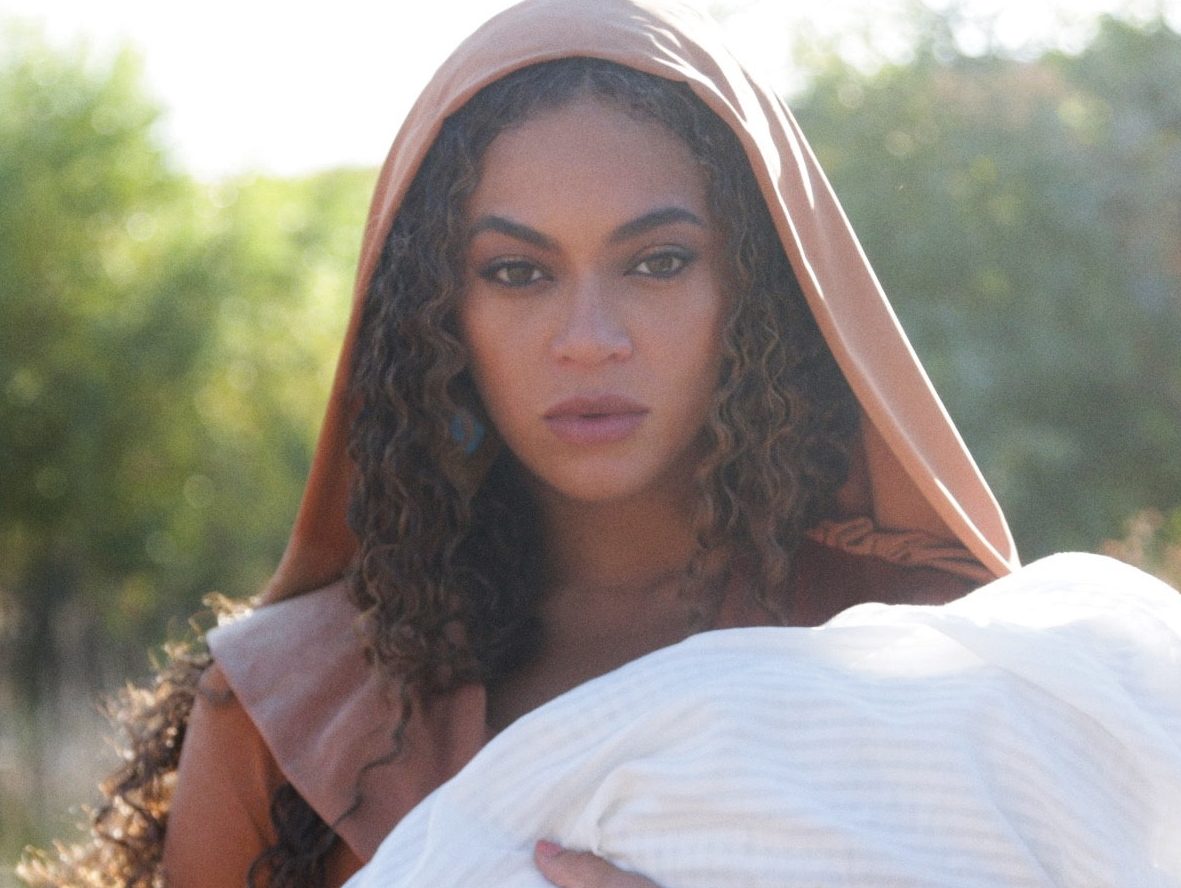Beyonce has always been known for her talent, voice and visually pleasing performances. And just when you think nothing can top her previous visual albums, “Beyonce” and “Lemonade,” she finds a way. With the debut of her newest visual album, “Black Is King,” Beyonce has yet again set the bar and proven why she’s the queen.
Beyonce partnered with Disney+ to release her third visual album on July 31. The movie was set to be available at 3 a.m., and fans waited until the wee hours of the morning to witness greatness.
Without any remorse, fans tweeted all about how they would be tuning in at exactly three in the morning. Not that anyone expected anything less, but #BlackIsKing trended for days.
The movie acted as a companion for the album “The Lion King: The Gift.” The album blanketed the film as you follow a young boy who represents a modern-day Simba in human form. During the film, you go on a journey of grief, responsibility and love.
After watching the film, I understood why it was a monumental moment for the Black community and every Beyonce fan. The movie was far more than a visual album; it was a progressive body of work that transcended all expectations.
As a Black woman, I felt seen, heard and represented while watching “Black Is King.”
“Let Black be synonymous with glory.”
For years, the Black community has suffered from the negative stereotypes placed on them — stereotypes like being loud, ghetto and lazy, and being seen as ankle chains in society. Yet we still manage to prevail.
The beautiful thing about Beyonce’s latest project is the quote, “Let Black be synonymous with glory.” It acts as an erasure of stereotypes. And within her project, stereotypes have no home and cease to exist.
She highlights Black wealth in the “Mood 4 Ever” scene. During this portion of the film, she uses chess for symbolism. The characters in the film are dressed up as chess pieces and move elegantly across the board. Since chess is known for being the game of life, this could represent that money and riches are not the meaning of life.
“Black Is King” is so monumental because it is the epitome of prevailing by any means necessary. It is symbolic of the flower growing from concrete. And as you watch the human form of Simba go through trials and tribulations, it hits deeper, mainly because it’s easier to relate to the boy than it is to the cuddly animated lion.
Watching the boy in the film go through what he goes through, heal from his own hurt and take on the journey of manhood, you see the flower grow from concrete. The Black community gets to witness a young boy who looks like them and represents them, going through issues that are hard as concrete.
“Black is king. We were beauty before they knew what beauty was.”
When I was growing up, I was surrounded by television shows that were centered around white voices and narratives. Because of this, I was a child that rarely felt represented. And due to the dominant faces that I saw on my television screen, I revered those faces as the standard of beauty.
I didn’t appreciate my own Black features because I rarely saw girls that looked like me on TV, so my young mind began to feel as though I was not good enough for society.
In “Black Is King,” I saw women who looked like me on screen. From different shades of Black skin to the varying styles that stem from Black culture, the film felt like home. It represented what I should’ve seen growing up.
For many years, Black people have suffered from natural-hair discrimination in the workplace; seeing Beyonce don varying hairstyles in her film was like a dream come true. There were Afros, curls, braids, Bantu knots and even a braided crown that paid homage to Egyptian queen Nefertiti.
Most importantly, it made me feel like a little girl again. And watching my 2-year-old niece, Emmy, dance around the living room made my heart feel full. Her television screen displayed faces that mine rarely did.
As the film transitioned to “Brown Skin Girl,” I felt like crying. Lupita Nyong’o, Kelly Rowland and Naomi Campbell made appearances, and you couldn’t help but feel the beauty and love exude from the screen.
Time and time again, dark skin has been disrespected and viewed as less beautiful in comparison to lighter skin tones, so the representation in “Brown Skin Girl” was particularly beautiful.
Fans on Twitter were quick to notice that Beyonce included a brown-skinned Indian woman. One fan expressed, “It makes me so freaking happy to see that @Beyonce used an Indian woman in Brown Skin Girl. When I saw this I burst into TEARS. I FEEL SO REPRESENTED. I only wish that I saw more of this growing up.”
“The ancestors have never left you.”
In “Otherside,” Beyonce represents the figure of Moses, who is largely revered by African Americans as a symbol of freedom. The song is about freeing the soul from chains of pain. It is a reflection of separation and exemplifies the idea that although many Black Americans cannot trace their lineage due to slavery, our ancestors and loved ones are always with us.
The child that Beyonce places in the basket and sends off into the river not only re-imagines the story of Moses, but is a representation of one day meeting our ancestors.
Throughout the film, it’s clear that Beyonce has done her research on African culture, and she even filmed a lot of the project in different parts of Africa. She even paid homage to the African goddess Oshun.
“Otherside” is relatable and wholesome because, although I cannot trace my family heritage beyond my great-grandmother, I felt connected to the African culture.
The quote from “Black Is King” that stuck out to me the most was, “When it’s all said and done, I don’t even know my own native tongue. And if I can’t speak myself, I can’t think myself, and if I can’t think myself, I can’t be myself. But if I can’t be myself, I will never know me. So, Uncle Sam, tell me this, if I will never know me, how can you?”
The movie “Black Is King” is a visual depiction of not only the lessons from “The Lion King,” but the reclamation of power. Regardless of what is taken from the Black community or the challenges thrust upon us, it is important for us to recognize our beauty and understand our power.
















